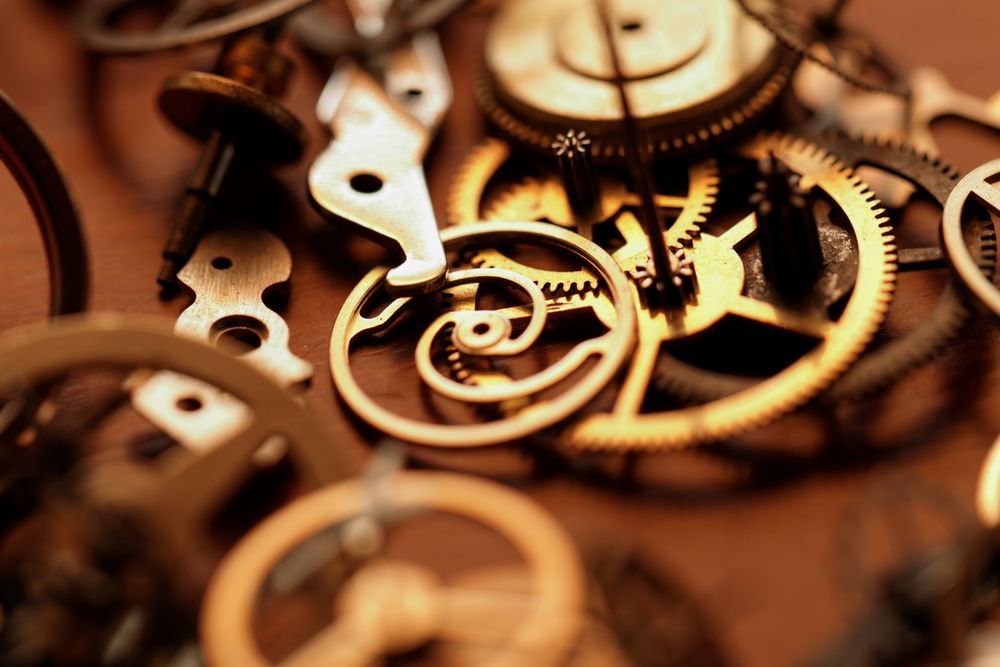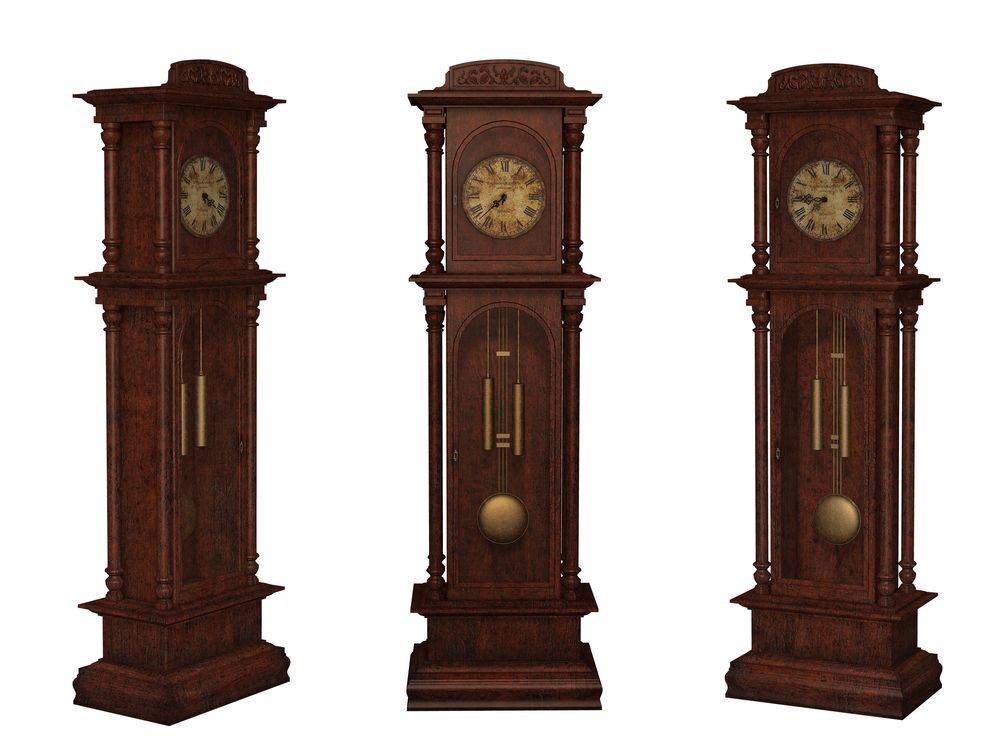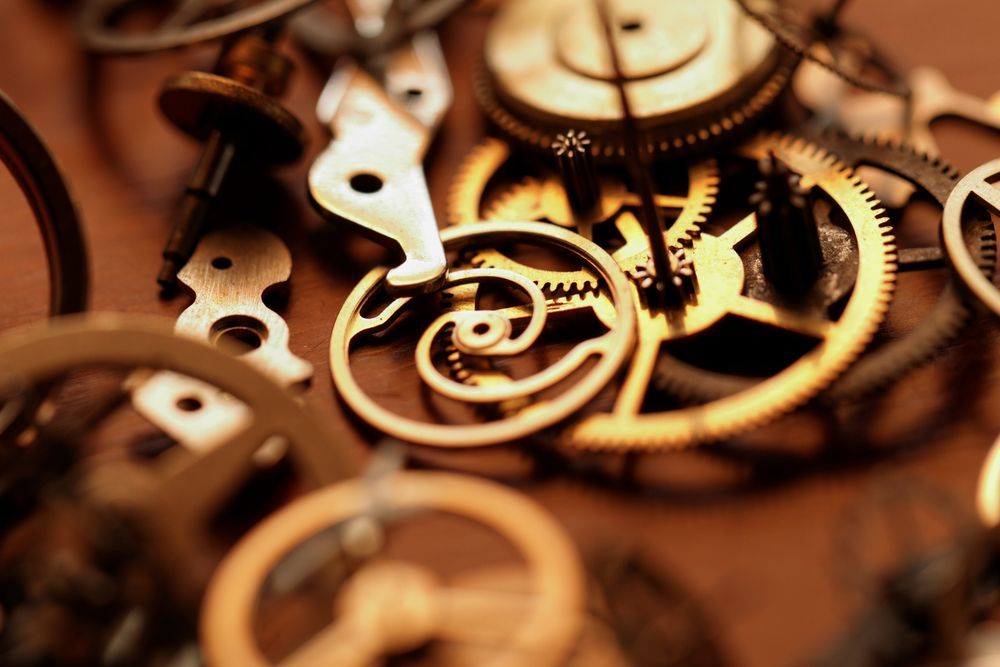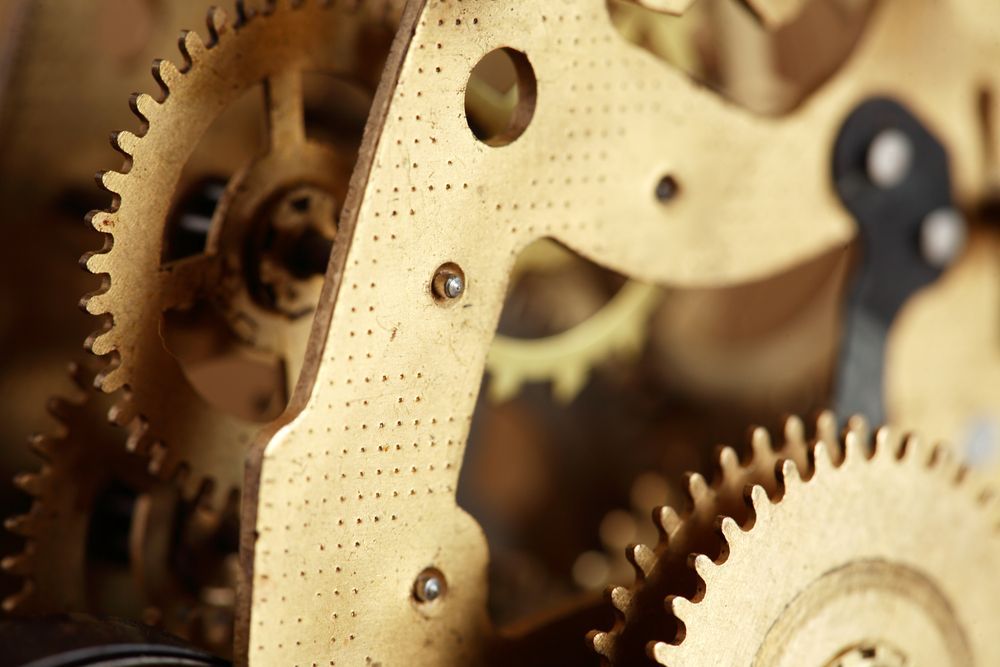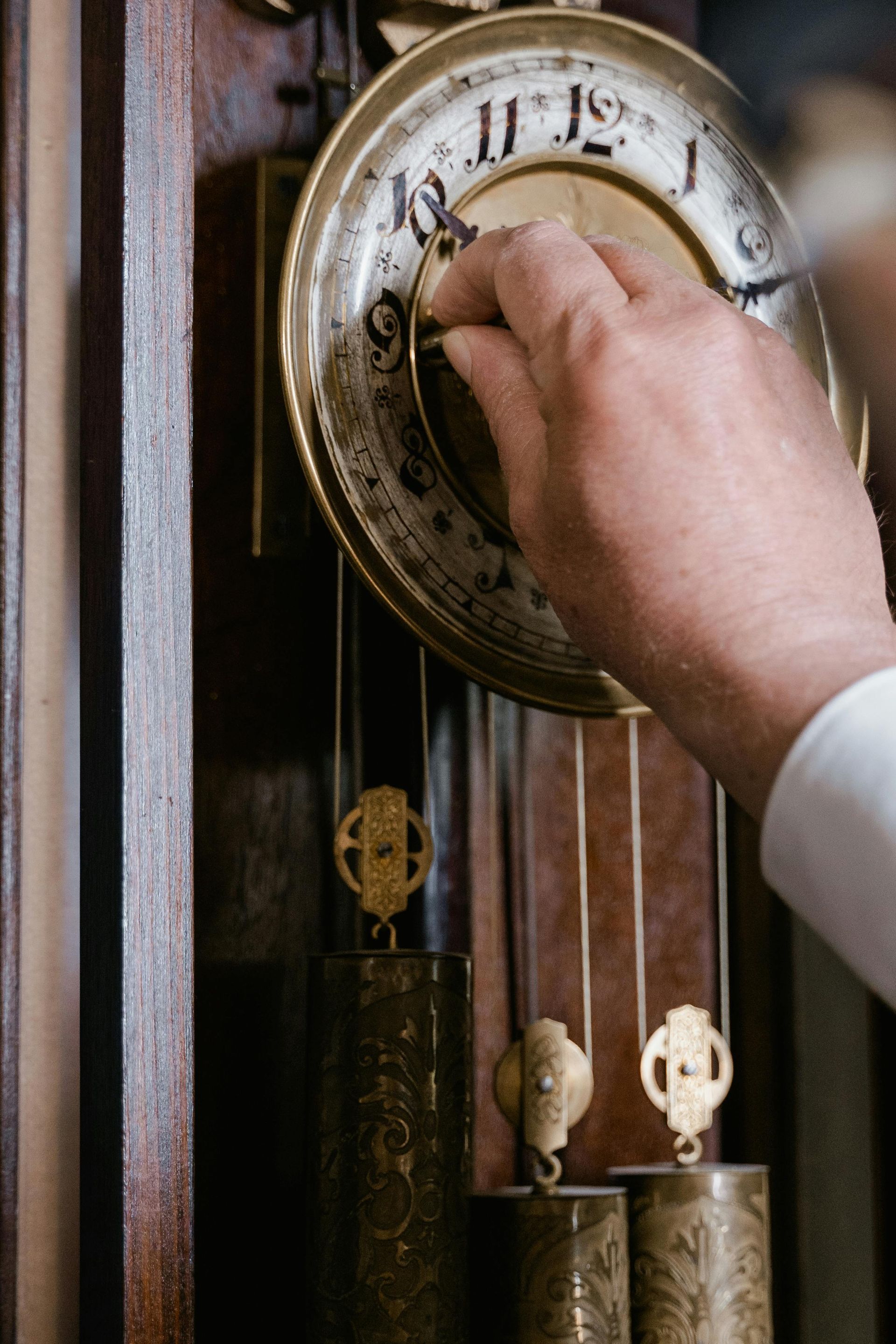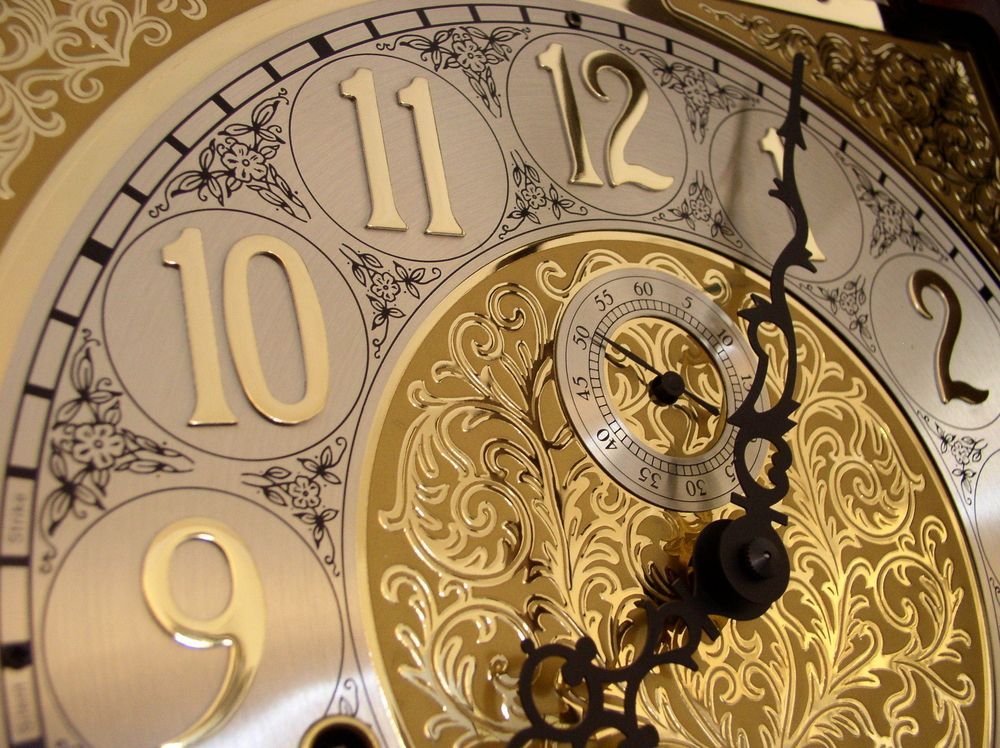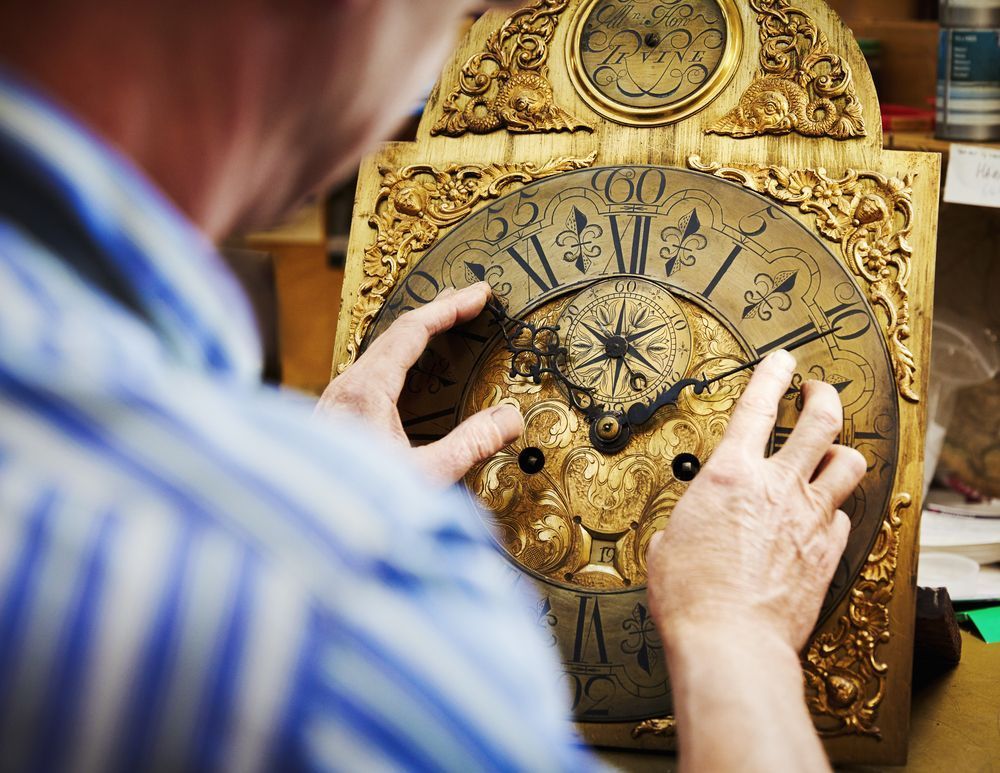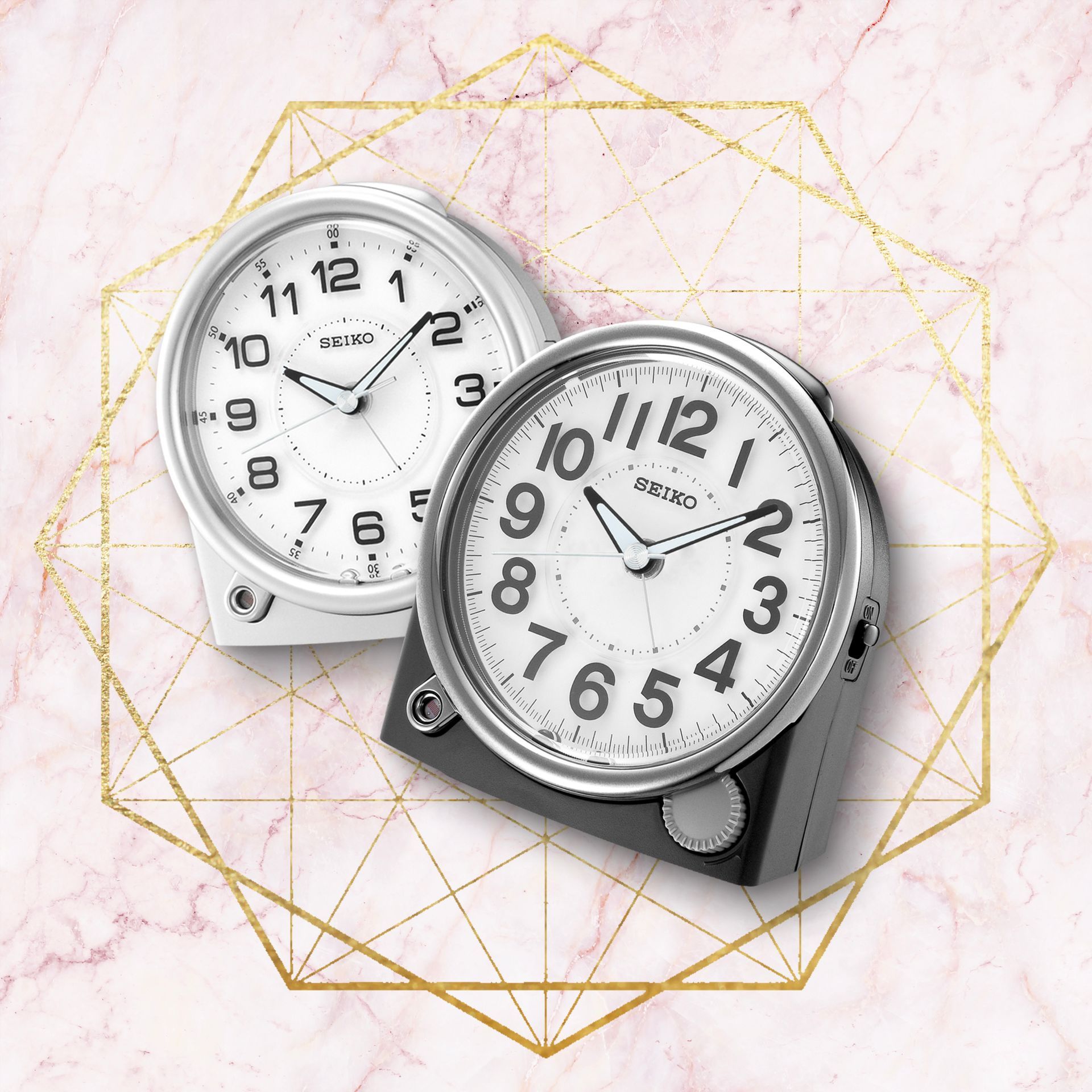How to Extend the Life of Your Mechanical Wall Clock
Mechanical wall clocks are timeless pieces that combine functionality with aesthetic appeal. With proper care and maintenance, they can last for generations and become cherished family heirlooms. However, like any mechanical device, they require regular attention to keep ticking smoothly.
Importance of Regular Maintenance
Regular maintenance is crucial to preserving the functionality and beauty of your mechanical wall clock. These intricate devices rely on precision engineering, and even minor wear or misalignment can disrupt their performance. Here are the key reasons to prioritize maintenance:
- Prevents Wear and Tear
Over time, dust, grime, and natural aging can cause components to wear down. Regular maintenance ensures that all moving parts remain well-lubricated and free of debris, minimizing friction and prolonging the clock's lifespan.
- Maintains Accurate Timekeeping
A well-maintained clock keeps accurate time, avoiding the need for constant adjustments. This is particularly important for mechanical wall clocks, where precision is achieved through meticulous engineering.
- Preserves Aesthetic Appeal
Routine care not only keeps your clock functioning but also preserves its exterior, ensuring it remains a beautiful addition to your décor.
- Saves Money on Repairs
Proactive maintenance can catch potential issues early, preventing costly repairs or even the need for a complete replacement.
Cleaning and Dusting Your Mechanical Clock
Keeping your clock clean is one of the simplest yet most effective ways to extend its life. Dust and dirt can accumulate over time, interfering with the delicate internal mechanisms. Here's how to clean your mechanical wall clock safely:
- Dusting the Exterior
Use a soft, dry microfiber cloth to remove dust from the clock's surface. Avoid using abrasive materials or harsh chemicals, as they can damage the finish.
- Cleaning the Glass
For clocks with glass covers, clean the glass gently with a lint-free cloth and a small amount of glass cleaner. Spray the cleaner onto the cloth rather than directly onto the glass to prevent it from seeping into the clock's mechanism.
- Protecting the Movement
The internal movement is the heart of your clock. Never attempt to clean it yourself unless you are trained in clock repair. Instead, take your clock to a professional like Chicago Clock Company for regular servicing.
- Avoid Over-Oiling
While lubrication is essential, excessive oil can attract dust and cause clogs. Always leave lubrication to professionals who understand the precise needs of mechanical wall clocks.
Proper Storage for Longevity
Where you place and store your clock has a significant impact on its lifespan. Mechanical wall clocks are sensitive to environmental factors, so it's essential to create an optimal setting for them.
- Choose a Stable Location
Ensure your clock is mounted on a sturdy wall where vibrations or movements won't disturb its operation. Avoid placing it near frequently slammed doors or high-traffic areas.
- Control Temperature and Humidity
Mechanical wall clocks thrive in stable environments. High humidity can cause rust, while extreme temperatures can warp components. Aim to keep your clock in a room with controlled humidity levels (around 40-50%) and moderate temperatures.
- Avoid Direct Sunlight
Prolonged exposure to sunlight can fade the clock's finish and damage its internal components. Place your clock in a shaded area to preserve its beauty and functionality.
- Store Properly During Relocation
If you need to move or store your clock temporarily, secure it carefully to prevent damage. Remove the pendulum and other detachable parts, and wrap each component in soft, protective materials.
Avoiding Common Mistakes That Shorten Your Clock's Life
Many clock owners unintentionally shorten the lifespan of their mechanical wall clocks by making common mistakes. Avoiding these pitfalls will ensure your clock remains in optimal condition for years to come.
- Neglecting Regular Servicing
Skipping routine servicing is one of the most common mistakes. Mechanical clocks should be professionally serviced every 5-7 years to address wear and tear and recalibrate the mechanism.
- Overwinding the Clock
While winding your clock is necessary, overwinding can damage the mainspring. Turn the key gently and stop as soon as you feel resistance.
- DIY Repairs
Attempting to repair your clock without proper knowledge can lead to irreversible damage. Always trust experts like Chicago Clock Company for any necessary repairs.
- Using Incorrect Cleaning Products
Harsh chemicals can corrode the clock's finish and delicate parts. Stick to recommended cleaning methods or consult a professional for guidance.
- Ignoring Alignment Issues
If your clock stops ticking, the issue may be as simple as improper alignment of the pendulum. Ensure the clock is level and adjust the pendulum gently. If the problem persists, seek professional assistance.
Additional Tips for Mechanical Wall Clock Care
- Wind Consistently
Develop a routine for winding your clock. Most mechanical wall clocks need winding once a week, though some may have longer intervals. Consistent winding ensures the clock operates smoothly and accurately.
- Check for Loose Parts
Periodically inspect your clock for loose screws, nuts, or other components. Tighten them gently if needed but avoid over-tightening.
- Record Servicing Dates
Keep a record of when your clock was last serviced. This helps you stay on top of maintenance schedules and ensures timely care.
Trust Chicago Clock Company for Expert Care
Your mechanical wall clock deserves expert attention to keep it running flawlessly for generations. At Chicago Clock Company, we specialize in clock repair, battery replacement, and sales. Our team of skilled professionals is equipped to handle all your clock maintenance needs, ensuring your treasured timepiece remains in peak condition.
Why Choose Us?
- Free Estimates While You Wait
Stop by our shop for a no-obligation estimate. Our team is ready to assess your clock's condition and recommend the best course of action.
- Comprehensive Services
From routine maintenance to intricate repairs, we offer a full range of clock care solutions tailored to your needs.
- Trusted Experts
With years of experience, we have earned a reputation for excellence in clock repair and sales.
Call Now for Appointments!
Don't let minor issues compromise your clock's performance. Contact us today to schedule your appointment. Let us help you preserve the beauty and functionality of your mechanical wall clock for years to come.


